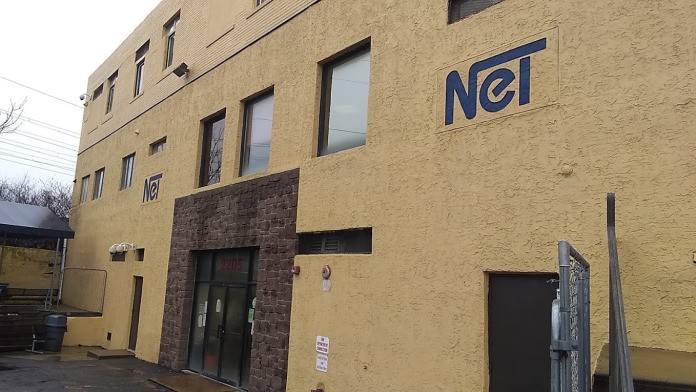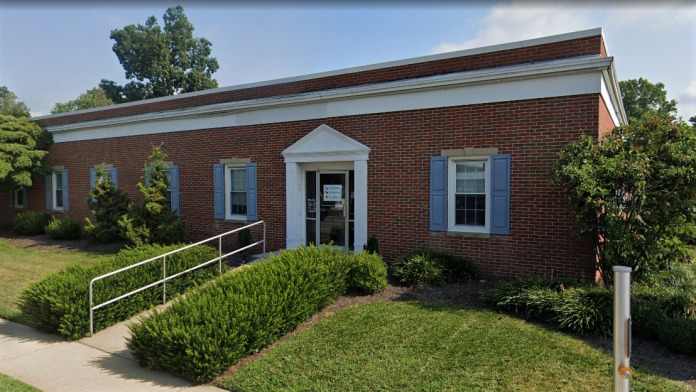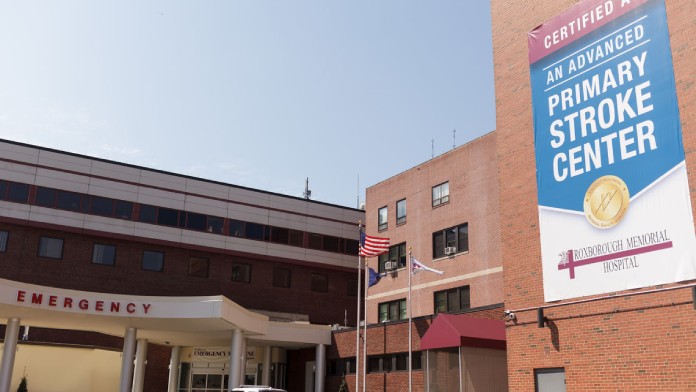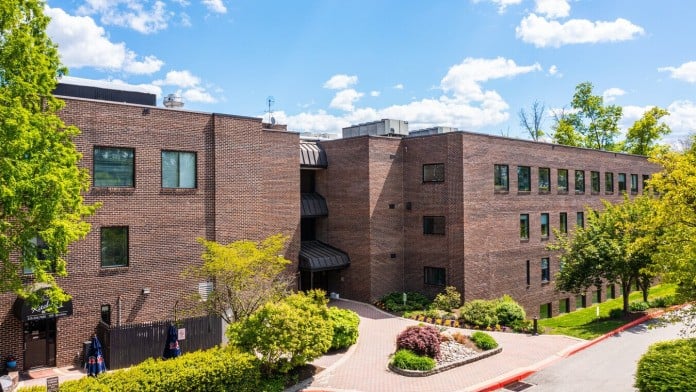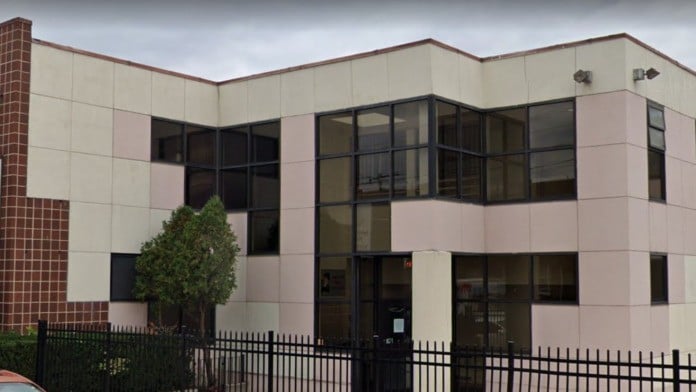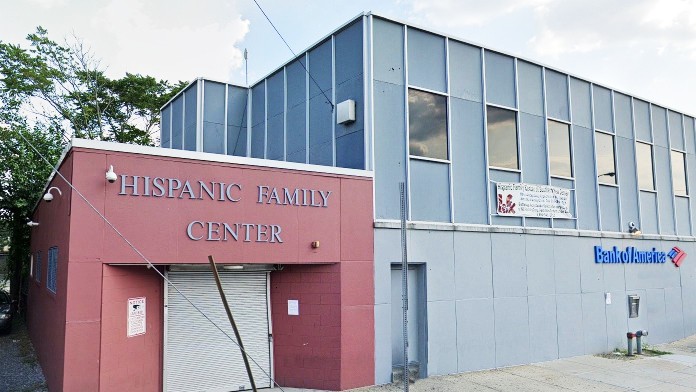About Harmony Recovery House – Closed
Harmony Recovery House was a sober living house that focused on outpatient recovery for clients with substance use disorders (SUD). The house was in Levittown, Pennsylvania.
Residents paid weekly for rent and amenities and the program did not accept insurance. The house was situated in a residential neighborhood easily accessible from I-95 and close to public transportation. The house is now permanently closed.
Structure, Accountability, and Community
Levittown is a historically significant town known as a model post-war American community. The town is a significant suburb of Philadelphia.
The sober living model for this house was based on structure and emphasized personal accountability and community. The residents were expected to volunteer, work, attend school or look for employment while staying in the home.
There was a zero tolerance policy for drugs and alcohol, and clients had access to local Narcotics Anonymous (NA) and Alcoholics Anonymous (AA) meetings, as well as community resources. Clients were connected to local resources, such as employment assistance and counseling.
Comfortable Shared Sober Living Environment
The home was comfortable and offered shared common areas, such as the kitchen. There were multiple bedrooms with conveniences, such as on site laundry. Clients had to abide by curfews, regular alcohol and drug tests, and other accountability measures.
The treatment team emphasized respect, safety, and cleanliness. They taught the residents the life skills necessary for long term recovery, and they focused on community reintegration.
Program graduates praised the sense of community, structured environment, and supportive team. There were positive reviews of the staff involvement, the house manager and how they promoted accountability. Many clients highlighted their personal growth, life transformations and renewed responsibility and accountability after staying in the house.
Latest Reviews
Rehab Score
Gallery
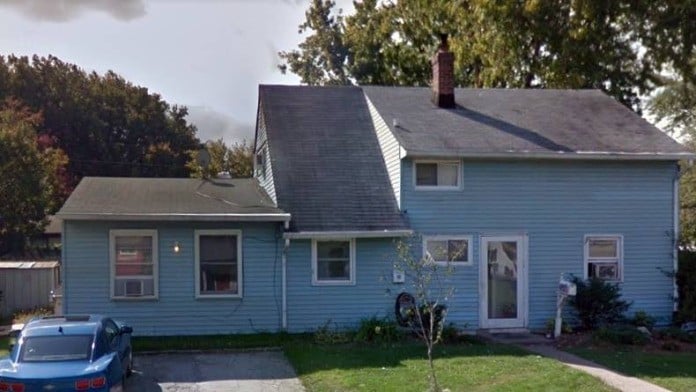
Other Forms of Payment
Self-pay involves paying for treatment out of your own pocket. You can use savings or credit, get a personal loan, or receive help from family and friends to fund your treatment. If you don't have insurance or your insurance plan doesn't cover a specific program, self-pay can help ensure you still get the care you need.
Addiction Treatments
Levels of Care
 Sober Living Homes
Sober Living Homes
 12-Step
12-Step
 Aftercare Support
Aftercare Support
Treatments
The goal of treatment for alcoholism is abstinence. Those with poor social support, poor motivation, or psychiatric disorders tend to relapse within a few years of treatment. For these people, success is measured by longer periods of abstinence, reduced use of alcohol, better health, and improved social functioning. Recovery and Maintenance are usually based on 12 step programs and AA meetings.
Drug rehab in Pennsylvania is devoted to the treatment of addiction. Levels of care, treatment methods, and settings differ, but the aim of each program is to end drug dependency and empower participants to achieve long-term recovery.
A combined mental health and substance abuse rehab has the staff and resources available to handle individuals with both mental health and substance abuse issues. It can be challenging to determine where a specific symptom stems from (a mental health issue or an issue related to substance abuse), so mental health and substance abuse professionals are helpful in detangling symptoms and keeping treatment on track.
Opioid rehabs specialize in supporting those recovering from opioid addiction. They treat those suffering from addiction to illegal opioids like heroin, as well as prescription drugs like oxycodone. These centers typically combine both physical as well as mental and emotional support to help stop addiction. Physical support often includes medical detox and subsequent medical support (including medication), and mental support includes in-depth therapy to address the underlying causes of addiction.
Programs

Adult Program

Young Adult Program
Clinical Services
Whether a marriage or other committed relationship, an intimate partnership is one of the most important aspects of a person's life. Drug and alcohol addiction affects both members of a couple in deep and meaningful ways, as does rehab and recovery. Couples therapy and other couples-focused treatment programs are significant parts of exploring triggers of addiction, as well as learning how to build healthy patterns to support ongoing sobriety.
Research clearly demonstrates that recovery is far more successful and sustainable when loved ones like family members participate in rehab and substance abuse treatment. Genetic factors may be at play when it comes to drug and alcohol addiction, as well as mental health issues. Family dynamics often play a critical role in addiction triggers, and if properly educated, family members can be a strong source of support when it comes to rehabilitation.
Group therapy is any therapeutic work that happens in a group (not one-on-one). There are a number of different group therapy modalities, including support groups, experiential therapy, psycho-education, and more. Group therapy involves treatment as well as processing interaction between group members.
In individual therapy, a patient meets one-on-one with a trained psychologist or counselor. Therapy is a pivotal part of effective substance abuse treatment, as it often covers root causes of addiction, including challenges faced by the patient in their social, family, and work/school life.
Life skills trainings involve all the skills a person must have in order to function successfully in the world. These include time management, career guidance, money management, and effective communication. Truly successful addiction recovery is based on the ability to not only live substance-free, but to thrive. Life skills teaches the practical necessities of functioning in society, which sets clients up for success in life, and therefore sobriety.
Amenities
-
Residential Setting
-
Private Setting
